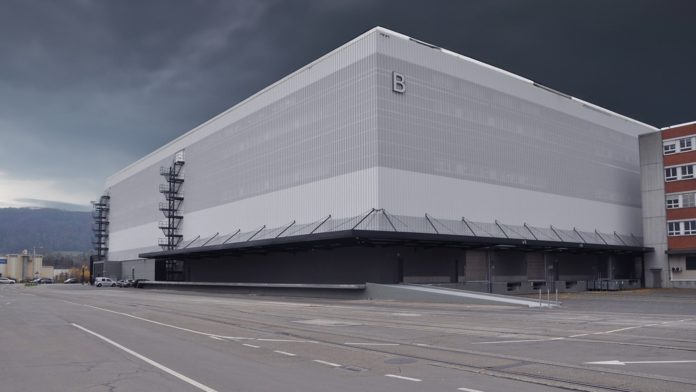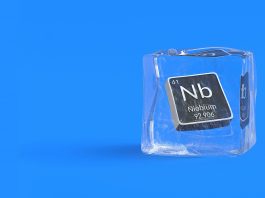The Institute for Rare Earths and Metals AG is dedicated to the highest-quality industrial standards, and offers comprehensive metal analysis and validation services that are tailored to each client.
The Institute for Rare Earth Elements and Metals AG was founded in 2008 when an order from German industry triggered a chain reaction by bringing together several top-class contacts in this field. The non-profit organisation became a public corporation company, and the national field of activity became a globally active and equally well-known company in the field of high-security storage, metal analysis, and validation of metals.
We have over 8000m2 of space in high-security warehouses in Switzerland. These are mostly free zones for handling global goods traffic. We also have access to 3,000m2 of national storage space. Selling goods internationally from a free-zone storage is pleasantly simple, as the tax considerations in contracts are completely eliminated.
The metals that come into our warehouses are usually checked by our inspectors and samples are taken. Every single action is continuously recorded with photos and later documented in a corresponding protocol. Everything takes place under a standard protocol.
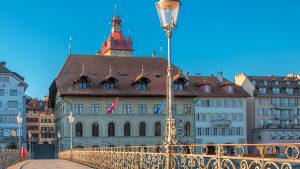
Metal analysis and production facilities
In our laboratories, samples are analysed according to your requirements using GD/MS, ICP/MS, ICP/OES, XRF, REM and many more. All our laboratories are ISO certified and registered with most associations. We have almost 20 highly trained chemists in Switzerland and Germany to process your orders.
We analyse precious metals, minor metals, rare earth elements, soil samples and industrial products up to the high-purity range. Each metal analysis unit is available twice in our laboratory so that there are no long waiting times if something fails. We met over 99.6% of our delivery deadlines in 2023, which corresponds to one delay in the entire year.
We are also pleased to value metals analysed by us. We offer our clients a summary that reflects the price of the smallest unit or a metal audit that calculates the fair value of an entire lot in accordance with IFRS13.
The summary is for your own information, for the banks or for your customers. Synthetic products cannot be scaled linearly, which is why we also offer audits. Audits are mostly used for capital increases. It is a book of around 100-150 pages, which determines the value of a lot according to the guidelines of IFRS13.
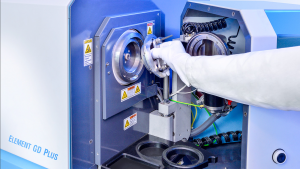
Online, our customers have real-time access to over 9,500 different unlisted metal prices in a wide range of qualities and delivery locations. The information offered is divided between two data servers. One database is for pure metals and the other database is for metal products. The pure metals are all base metals, minor metals, rare earth elements and others. In total, this database contains around 1,500 data records, which are available back to 2010. The database for metal products has around 8,000 data records going back to 2019.
In our own production facilities, we are able to refine metal products. We can counteract the onset of oxidation, make powders finer, draw wires thinner, melt and purify raw materials. Our wide range of machines will also fulfil your processing requirements.
Flexible and future-proofed
With our headquarters in Switzerland, representative offices in six countries, a global network, 80 employees and an eight-digit annual turnover, we are a healthy medium-sized company that is strong enough to take on challenges and yet flexible enough to respond to individual needs.
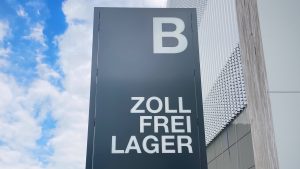
In addition to its core business, the Institute for Rare Earths and Metals AG is involved in numerous research studies. Most of the research is focused on metal recycling. In co-operation with international universities, we conduct research into the separation of ash residues, slag residues, shredded electrical waste and battery recycling.
The main focus is on the recovery of rare earth elements and minor metals that are labelled as critical. As an institute in the heart of Europe, we have the problem of a large industrial union without great raw materials of its own right on our doorstep. For all companies in Europe, the solution for the future can only be recycling and a more responsible use of resources.
Please note, this article will also appear in the seventeenth edition of our quarterly publication.

